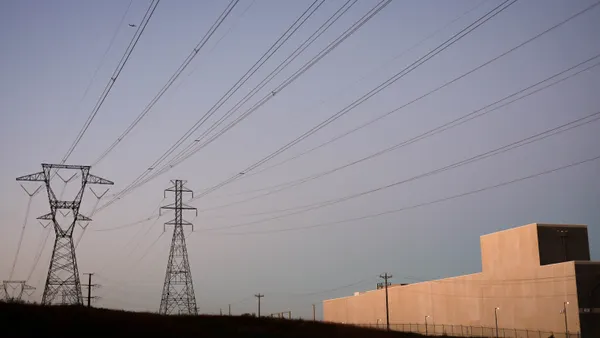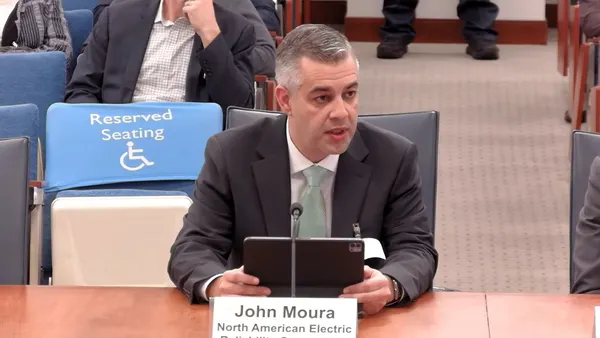The Natural Resources Defense Council and the Sierra Club asked an appeals court on Monday to overturn the Federal Energy Regulatory Commission’s approval of the Southwest Power Pool’s capacity accreditation methodology, which the groups say favors fossil-fueled power plants.
The lawsuit comes as grid operators such as the Midcontinent Independent System Operator, PJM Interconnection and ISO New England have been making changes to how they measure capacity to ensure they have adequate resources to maintain grid reliability.
Under SPP’s plan approved by FERC in mid-July, the grid operator will set an Effective Load Carrying Capability accreditation methodology for wind, solar and energy storage resources and a performance-based accreditation methodology for conventional resources, according to the suit filed in the U.S. Court of Appeals for the District of Columbia Circuit by Earthjustice.
“Fair and accurate resource evaluation should be the minimum expectation for any grid operator,” Sierra Club Senior Attorney Greg Wannier said in a statement.
SPP’s plan artificially props up the value of coal- and gas-fired generation, according to Wannier. “This double standard will force customers to pay more money for less reliable electric service, and increases the risk of life-threatening power outages during the next heat wave or winter storm,” he said.
SPP contends the new accreditation methodologies will give it a better understanding of which resources will be available when needed, based on their past performance. SPP operates the electric system and wholesale power markets in 14 states from eastern New Mexico to Montana.
In joint comments on SPP’s proposal in March, the NRDC, the Sierra Club and the Sustainable FERC Project said the grid operator’s proposed methodology for thermal power plants failed to evaluate resources based on their performance during high-risk hours.
“The over-accreditation of thermal resources in SPP’s proposed thermal methodology, if not corrected by the Commission, will impose undue costs on ratepayers, and presents a long-term risk to the reliability of the [regional transmission organization’s] grid,” the groups said.
In its decision, FERC rejected arguments that SPP’s proposed performance-based methodology failed to account for correlated outages among power plants and high-risk periods compared to ELCC-based methodologies.
“While we acknowledge that there are differences between the proposed ELCC and [performance-based] accreditation methodologies, we find persuasive SPP’s explanations for why such differences are justified based on the different operating characteristics and historical performance of conventional resources and variable energy resources and short duration energy resources,” FERC said.
















